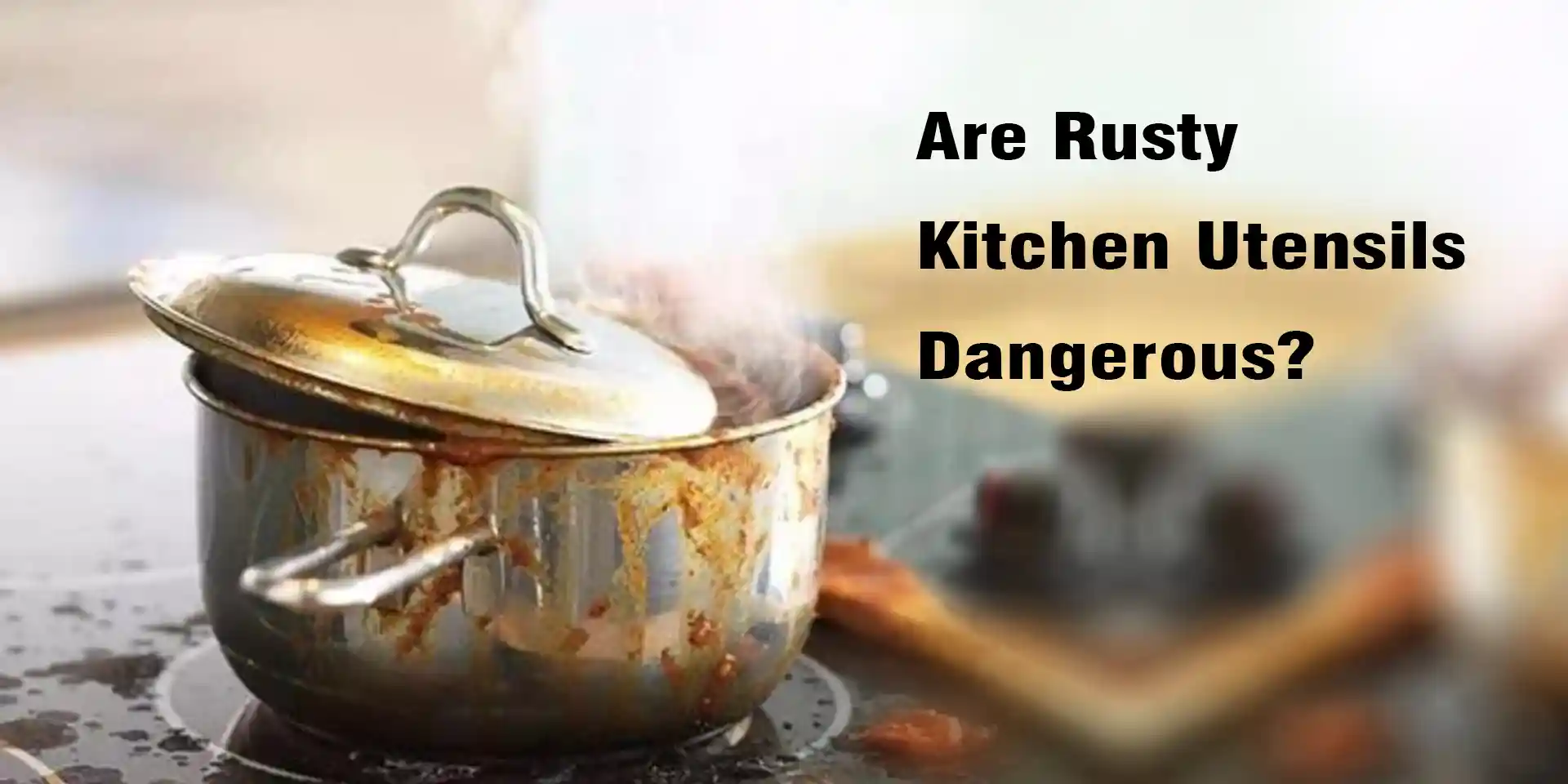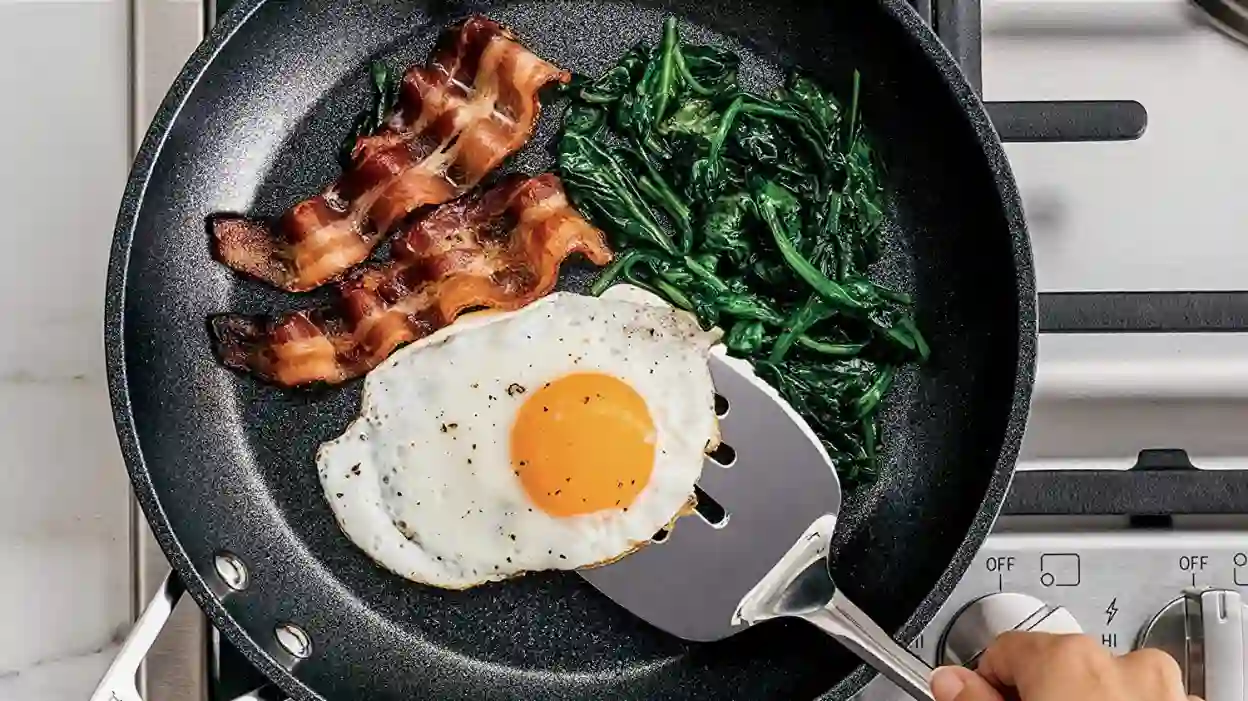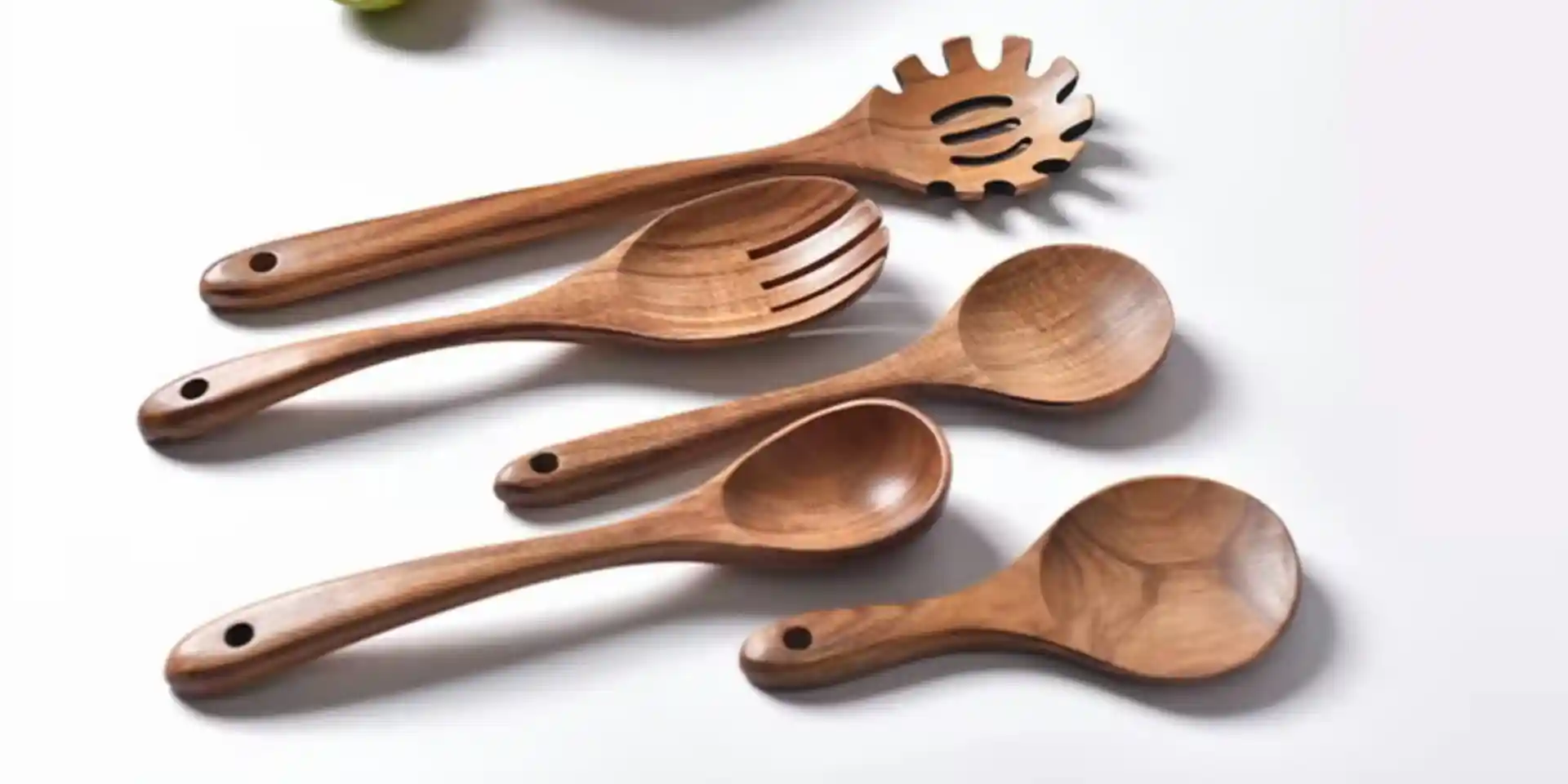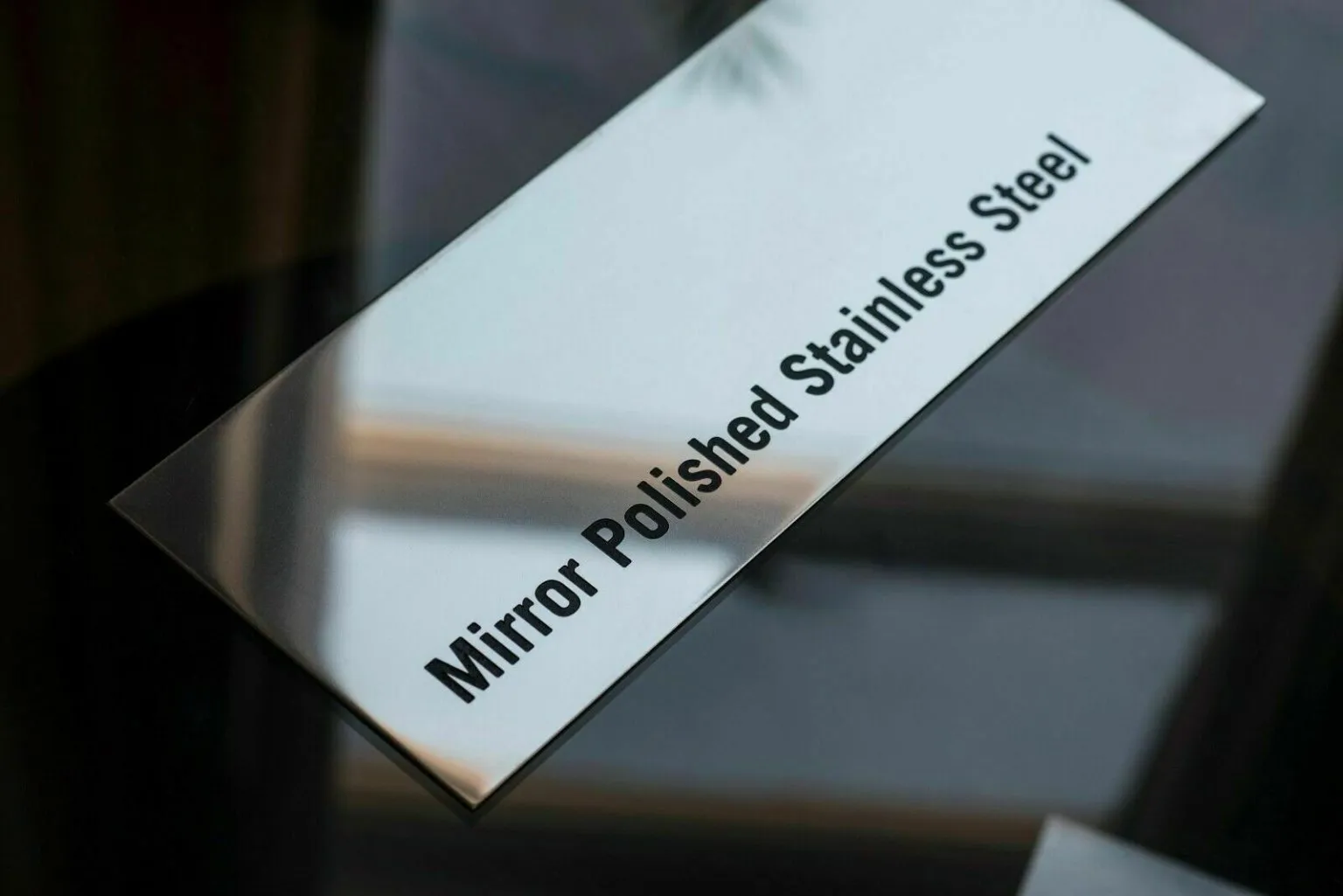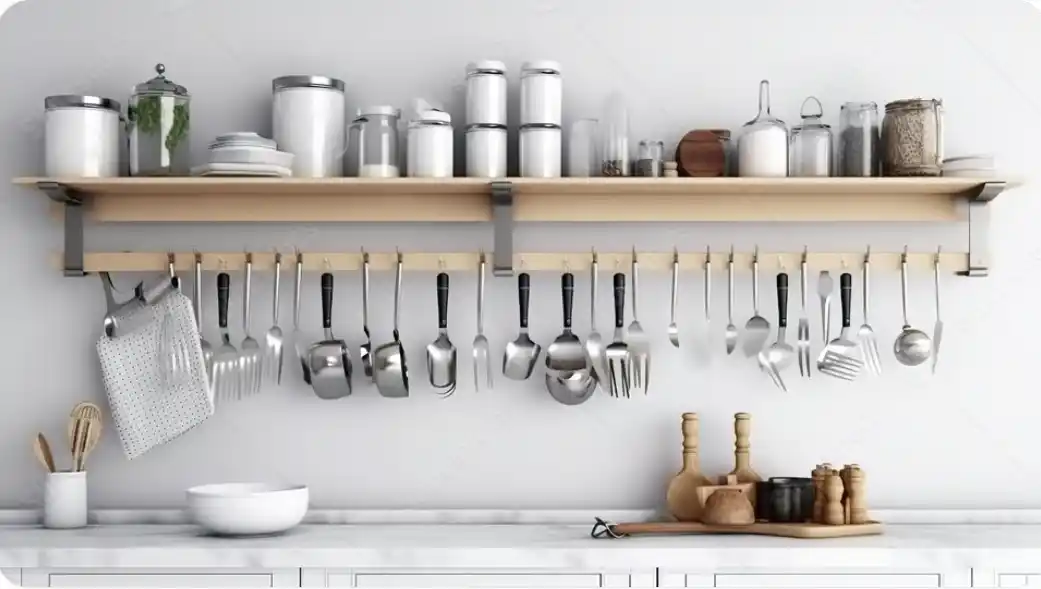Are Rusty Kitchen Utensils Dangerous?
As essential tools in our kitchens, kitchen utensils serve us well day in and day out. However, after many meals and countless cooking adventures, a common issue arises: rust. When you see these rusty remnants of your culinary efforts, you might find yourself asking an important question: Are rusty kitchen utensils dangerous?
Understanding Rust: What it is and How it Forms
Rust, scientifically known as iron oxide, results from a chemical reaction between iron, oxygen, and moisture. When exposed to these elements, particularly in humid environments or through improper care, this chemical reaction creates a reddish-brown flaky coating that can weaken the metal and make it more prone to breakage. This process compromises the aesthetic appeal of your kitchen utensils and introduces health hazards that are often overlooked.
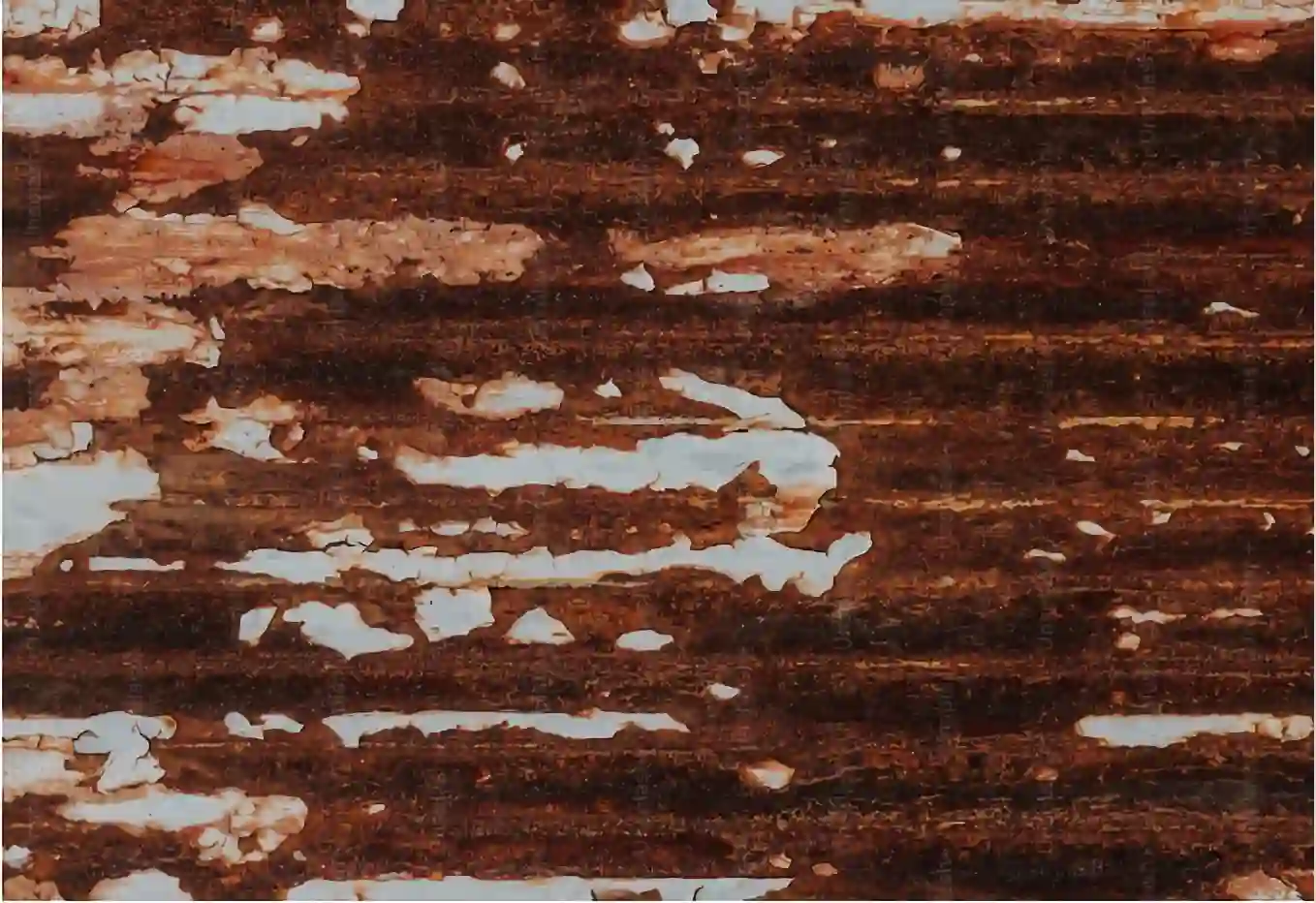
Impact of Rusty Kitchen Utensils on Food Quality
The quality of food we prepare is highly dependent on the condition of the tools we use. Rust not only affects the aesthetic appeal of these tools but also has several detrimental effects on food quality.
1. Altered Flavor Profile
When kitchen utensils develop rust, they can impart a metallic taste to food. This unwanted flavor can significantly alter the taste profile of a dish, making it less appealing and enjoyable. Maintaining the intended flavors in a recipe is crucial for both professional chefs and home cooks, and rusty kitchen utensils can undermine these efforts.
2. Physical Contamination
Rust flakes can detach from kitchen utensils and contaminate food. This physical contamination is more than just a cosmetic issue; it increases the risk of accidental ingestion of metal particles. Consuming rust particles can be harmful, particularly if ingested in larger quantities.
Health Risks of Using Rusty Kitchen Utensils
Imagine rust as a cozy bed and breakfast for bacteria, where they check in but never check out. The rough and porous texture of rust provides the perfect hideout for these microscopic troublemakers, creating a thriving metropolis of pathogens.
1. Bacterial Contamination
Rusty surfaces can harbor bacteria and other pathogens. The rough and porous nature of rust makes it an ideal breeding ground for harmful microorganisms. When these bacteria come into contact with food, they can lead to foodborne illnesses.
2. Metal Ingestion
Small particles of rust can flake off and mix with your food. Ingesting these particles is generally not harmful in small amounts, but it can be unpleasant and lead to stomach discomfort.
3. Tetanus Risk
Although the risk of contracting tetanus from rusty kitchen utensils is low, it is not entirely negligible. Tetanus bacteria thrive in anaerobic (oxygen-free) environments, such as deep puncture wounds caused by rusty objects. While not common in kitchen scenarios, it is still a potential concern.
4. Chemical Contaminants
Some kitchen utensils might be coated with non-food-safe paints or coatings that can deteriorate and mix with rust. These chemicals can be harmful if ingested.
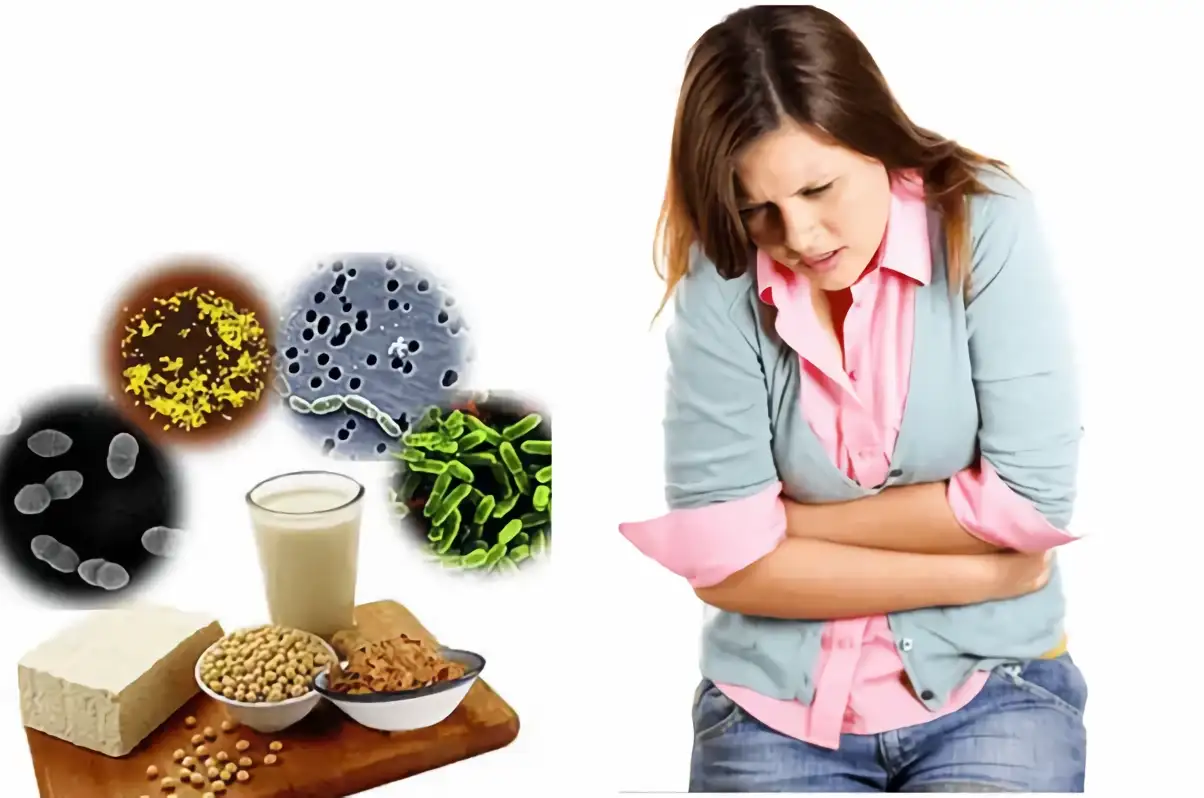
Preventing Rust on Kitchen Utensils
Preventing rust on your kitchen utensils requires proper care and maintenance. Here are some effective strategies to keep your utensils rust-free:
1. Proper Cleaning
After each use, wash your utensils with warm, soapy water and dry them thoroughly. Avoid leaving them soaking in water for extended periods as this can accelerate rust formation.
2. Storage
Store your utensils in a dry place. Use a utensil holder or a magnetic strip to keep them off damp surfaces. Ensure that the storage area has good ventilation to prevent moisture buildup.
3. Seasoning
For cast iron utensils, regular seasoning can create a protective layer that prevents rust. Coat the kitchen utensil with a thin layer of oil and heat it in the oven or on the stovetop to create this barrier.
4. Avoid Abrasive Cleaners
Using abrasive sponges or cleaners can scratch the surface of your kitchen utensils, making them more susceptible to rust. Opt for gentle cleaning tools and products.
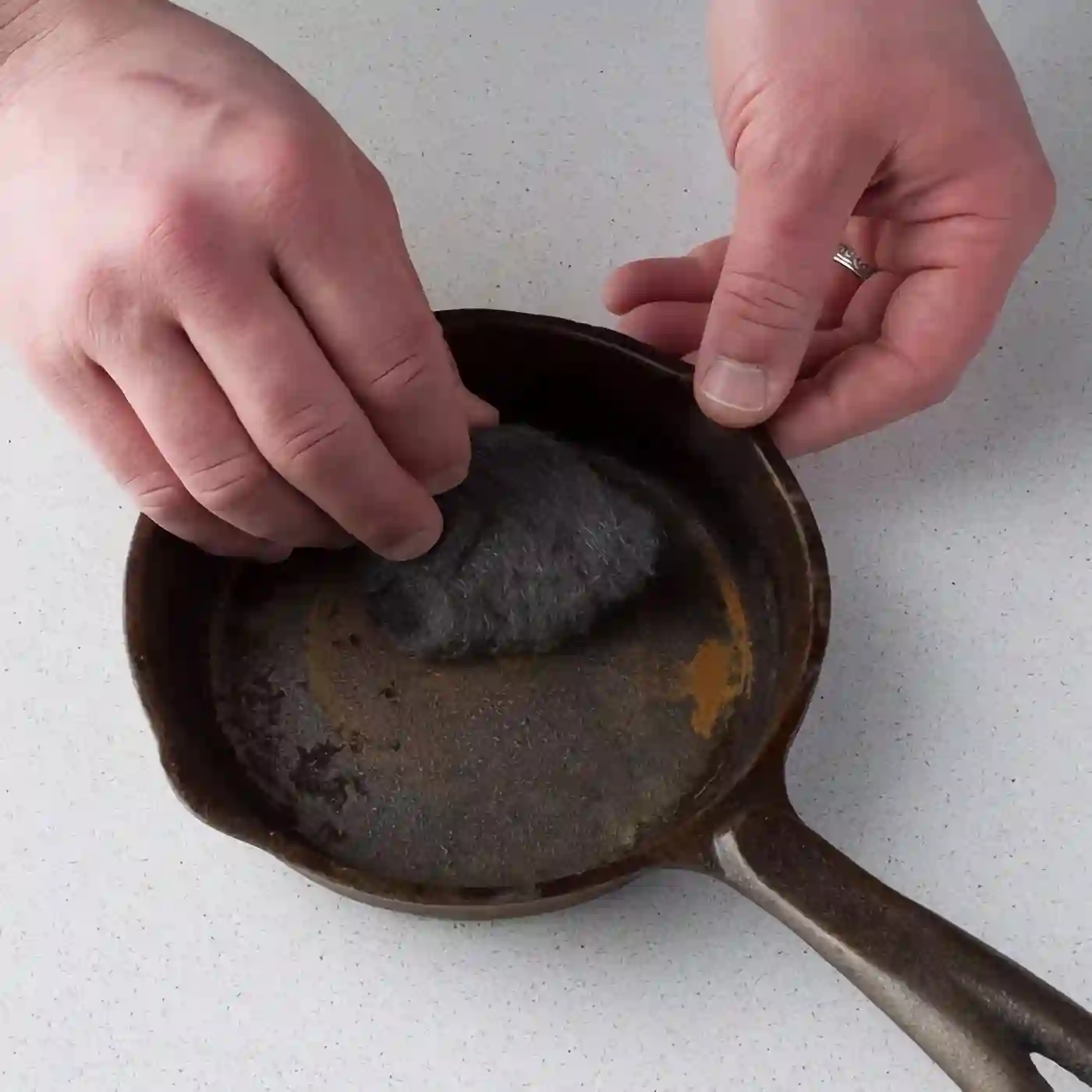
How to Clean Rusty Kitchen Utensils?
In instances where rust does appear, timely intervention can often restore kitchen utensils to their original condition:
1. Vinegar Solution
Soak rusted kitchen utensils in a vinegar-water solution, then scrub with a non-abrasive pad to remove rust spots.
2. Baking Soda Paste
Create a paste with baking soda and water, apply it to rusted areas, and scrub gently with a soft brush or cloth.
3. Commercial Rust Removers
Utilize specialized rust removers following manufacturer instructions, ensuring thorough rinsing afterward.
Click here to learn more about removing rust from stainless steel kitchen utensils and routine maintenance tips.
Rust-Resistant Alternatives
Recognizing the challenges posed by rust, opting for rust-resistant alternatives becomes the preferred strategy. Stainless steel is one such material, renowned for its durability, corrosion resistance, and ease of cleaning. But wait, there’s more! If stainless steel isn’t your style, fear not. Silicone and nylon utensils are also great choices as they do not corrode or rust easily. We’ll explain why we choose these alternatives in detail in our upcoming articles.
Related Articles:
Why Stainless Steel is the Best Choice for Kitchen Utensils?
Why Use Silicone Cooking Utensils?
Are Nylon Cooking Utensils Safe?
Frequently Asked Questions
Conclusion
Rusty kitchen utensils, seemingly innocuous at first glance, could pose serious risks to both our health and the integrity of our cooking. Preventing rust through proper cleaning, storage, and maintenance is essential. Choosing high-quality, rust-resistant kitchen utensils, such as those made from stainless steel, can significantly enhance your kitchen’s safety and functionality.
SHUANGYI is dedicated to providing top-notch stainless steel kitchen utensils that combine durability, hygiene, and aesthetic appeal. Our commitment to quality ensures that our products are a valuable addition to any kitchen, helping you cook with confidence and peace of mind. Investing in high-quality stainless steel utensils from SHUANGYI means investing in the long-term safety and efficiency of your kitchen. Say goodbye to the worries of rust and embrace a superior cooking experience with our premium products.

